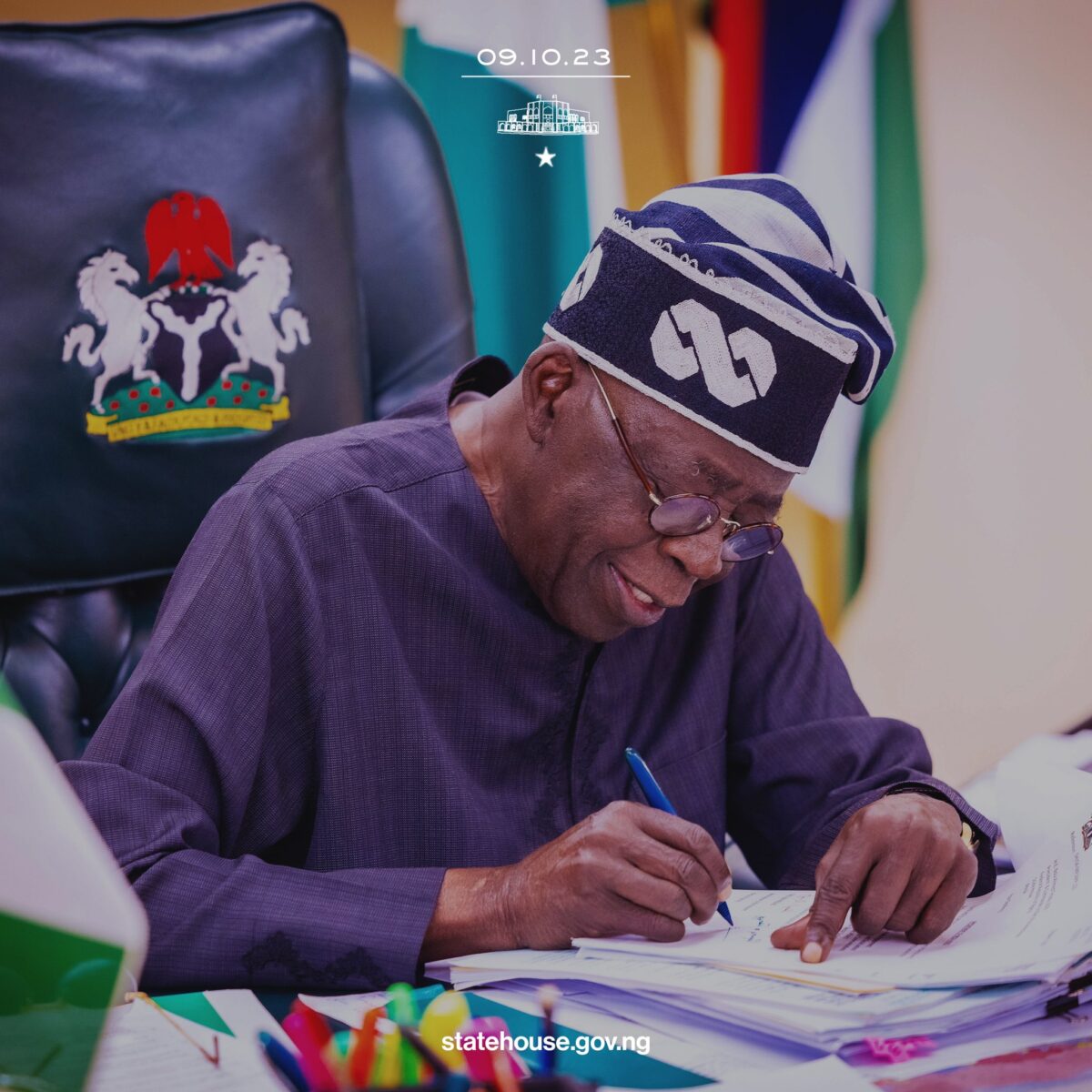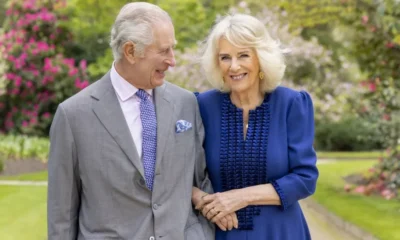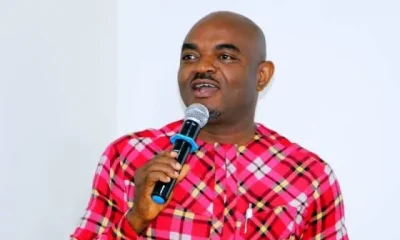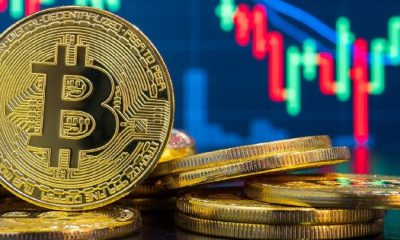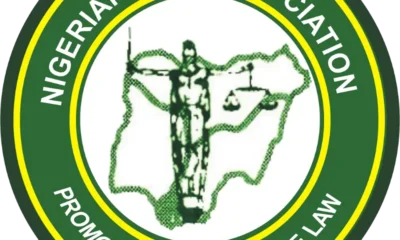National
42 CSOs Take Position Against Buhari’s $29 Billion Loan Demand
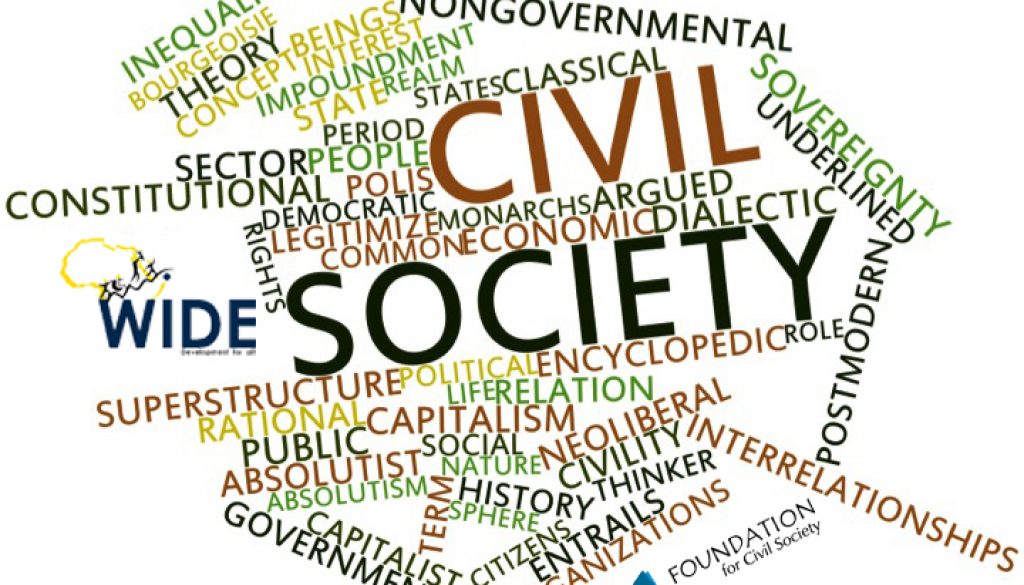
President Muhammadu Buhari’s request for a $29.96 billion would further depress the country’s budget equilibrium and cause debt payments to rise to 65% of annual budgets, a coalition of 42 civil society groups has claimed.
The coalition including in a statement made available to GWG affirmed that the request is worsened by the fact that existing debt obligations now account for more than half of Federal Government recurrent expenditure. Even worse, the debts that are being serviced they claimed cannot be properly accounted for.
The debt request first initiated around 2016 was rejected by the 8th National Assembly and has recently been presented to the 9th National Assembly.
While demanding an audit of the debts, the coalition of civil society groups in the statement said:
We, the underlisted organisations recall with concern the submission of a request by President Muhammadu Buhari to the National Assembly for the approval of a loan package for various projects in the sum of $29.96billion under the 2016-2018 External Borrowing Plan. We also recall that this request was submitted to the Eight National Assembly but was turned down.
These organisations recognize that the Debt Management Office reported Nigeria’s indebtedness at June 30, 2019 in the sum of $83.8billion, being an increase of 31.35% over the $63.8billion debt outstanding at June 30, 2015. In Naira terms, the sum of N12.118trillion was outstanding as at June 30, 2015 while the current debt now totals N25.7trillion. We the underlisted organisations also recognise that the external component of current level of indebtedness is $27.1billion, being an increase of $16.8billion over the June 30, 2015 external debt component of $10.3billion. We further recognize that Nigeria deployed 54.3% of her earned revenue to debt service in 2018 and in the first half of 2019, the country deployed 54.2% of all her earned revenue to debt service.
We emphasize that if at a debt level of $83.8billion, Nigeria is deploying over 54% of her revenue to debt service, the country, after taking the new loan of $29.96billion, will need not less than 65% of her revenue to service a new debt level of $113.7billion. We also emphasize that foreign currency denominated loans come with exchange rate risks, considering the volatility of the price of crude oil which is Nigeria’s major foreign exchange earner. In the circumstances, we further emphasize that the country after taking the new loan will be faced with extreme options, a default in its debt repayment obligations or extreme cuts to basic social services including education and health. Whilst we take note of efforts to increase government revenue through the Finance Bill pending in the National Assembly and the recently enacted amendment of the Deep Offshore and Inland Basins Production Sharing Contract Act, it is our position that the steps are tepid and will not in any way dramatically improve government’s revenue.
We, the underlisted organisations note with concern that in 2018, the actual recurrent non debt expenditure of the Federal Government was N3.1 trillion while debt service was N2.1 trillion bringing the two to N5.2 trillion. However, the earned revenue was N3.9trillion. This meant that the Federal Government borrowed or got some unearned money in the sum of N1.3trillion to settle recurrent expenditure and debt service. Thus, we borrowed to pay back outstanding debt obligations! We also note that there is very little evidence to show, in terms of investments in infrastructure, reflecting $83.8billion of already borrowed money.
We affirm that this ratio of debt service to revenue is not sustainable and not in accordance with the obligation of the Federal Government of Nigeria under section 41 (1) (b) of the Fiscal Responsibility Act to ensure that the level of public debt as a proportion of national income is held at a sustainable level. We also affirm that there has been no transparency in the management of Nigeria’s debts as the actual and individual debt agreements, including the tenor, interest rates, terms of repayment, what happens in the event of default, etc. are not in the public domain. We further affirm that the Federal Government has failed to perform its obligations under section 42 of the Fiscal Responsibility Act to set the limits on consolidated debts of the Federal, State and Local Governments.
It must be noted that Nigerians are suffering the huge effect of the high level of borrowing which has necessitated government to churn out month after month of new multiple tax regimes through the banking institutions.
We stress that there are various options apart from sovereign debt for the funding of capital and infrastructure projects, especially in the proper management and accountability of available resources from taxation and the oil and gas sector.
In the circumstances, we demand the following from the Federal Government:
As a preliminary measure before considering new loans, to set the limits of consolidated debts for the Federal, State and Local Governments in accordance with section 42 (1) of the Fiscal Responsibility Act.
The National Assembly to hold public hearings on the President’s loan request and to reflect the opinion of majority of Nigerians in the approval or disapproval process.
To immediately start the implementation of the National Integrated Infrastructure Masterplan (2014-2043) which will lead to policy reviews, steps and measures to ensure that budgetary outlays will attract private sector investments for infrastructure development. This will include the review and full implementation of the Infrastructure Concession Regulatory Commission Act.
To plug all leakages in revenue especially from the opaque activities of the Nigeria National Petroleum Corporation in a bid to get more revenue to fund projects.
To immediately start work on the enactment of the Petroleum Industry Bills which will liberalize the petroleum and gas sector and garner more revenue to the Federation Account. This should be concluded before the end of the second quarter of 2020.
Cut the cost of governance by cutting down on the bloated expenditure of the bureaucracy especially in the executive and the legislature.
SIGNED BY:
1. Centre for Social Justice (CSJ)
2. Civil Society Legislative Advocacy Centre (CISLAC)
3. Centre for Democratic Research and Training (CRDDERT)
4. Civil Society Network Against Corruption (CSNAC)
5.Human and Environmental Development Agenda (HEDA Resource Centre)
6. Centre for Democracy and Development (CDD)
7. Partners for West Africa – Nigeria
8. Centre for Information Technology and Development (CITAD)
9. Socio-Economic Right and Accountability Project (SERAP)
10. International Refugee Rights Initiative (IRRI)
11. Zero-Corruption Coalition (ZCC)
12. Accountability Maternal New-born and Child Health in Nigeria
(AMHiN)
13. Partners on Electoral Reform
14. State of the Union (SOTU)
15. African Centre for Media and Information Literacy (AFRICMIL)
16. National Procurement Watch Platform
17. Say NO Campaign—Nigeria
18. Resource Centre for Human Rights and Civil Education (CHRICED)
19. Social Action
20. International Press Centre
21. WANGONET
22. Community Action for Popular Participation
23. Borno Coalition for Democracy and Progress (BOCODEP)
24. Institute of Human Rights and Humanitarian Law
25. Alliance for Credible Elections (ACE)
26. Youth Initiative for Advocacy, Growth & Advancement (YIAGA)
28. Tax Justice Nigeria
29. Environmental Rights Action/Friends of the Earth, Nigeria
30. Women In Nigeria
31. African Centre for Leadership, Strategy & Development (Centre
LSD)
32. HURIDAC
33. Protest to Power
34. Network on Police Reform in Nigeria (NOPRIN Foundation)
35. Rule of Law and Accountability Advocacy Centre (RULAAC)
36. 37. Citizens Wealth Platform (CWP)
38. Global Rights
39. Centre for the Advance Social Science (CASS)
40. Alliances for Africa
41. Praxis Center
42. Project Alert
Send Us A Press Statement Advertise With Us Contact Us
And For More Nigerian News Visit GWG.NG



